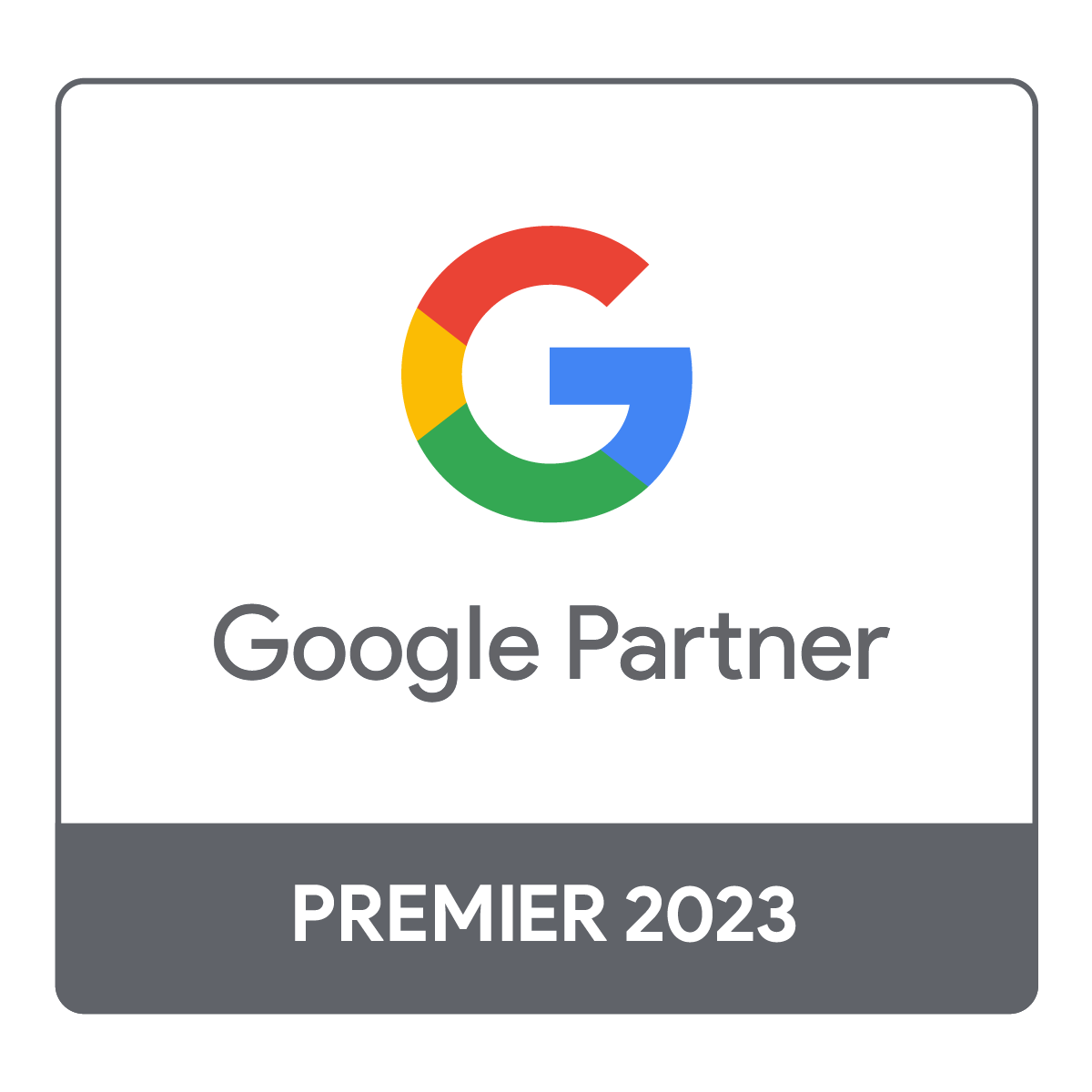In the digital world, change is everywhere: what Google was 10 years ago is drastically different to where it is today – and the same will be in 10 years time.
One of the most recent changes is due to affect Google Ads: It’s time to say goodbye to Broad Match Modifier (BMM) keywords.
Table of contents
What exactly is being changed?
Digital advertisers around the world will be keenly aware of what broad match modifier keywords are. In short, advertisers could specify certain words within their search term, allowing them to narrow down the scope to more relevant searches – without, of course, specifying an exact match (where the search term is identical to your keyword), or phrase match (where words appear in a specific order, but can contain other elements too).
Broad Match Modifier keywords are now being folded into Phrase Match. The effects of this on businesses and advertisers around the world are yet to be seen, but this is clearly in line with Google’s trend over the past few years. Google’s aim is to simplify the process even further – although by combining BMM keywords with Phrase Match, there will be an overlap.
In short, this means that Phase Match is going to take the place of BMM, and will start bringing in traffic from the traditional BMM areas.
Phrase Match will now cover the needs of both the traditional Phrase Match and BMM. Google’s algorithm will help you decide whether the word order is important for each particular search term by considering search intent. Here’s an example:
What does this mean for your business?
In Google’s eyes, cutting down the amount of options will save time and effort on the side of advertisers and brands trying to manage their keywords. This is, however, more of a long-term goal. In the short-term, this will require some adjusting on the advertiser’s part.
The update also means that you should expect to see a significant drop in your BMM traffic, but an increase in your Phrase Match traffic. There could also be a slight drop in your ad quality score, despite what Google claims, as some irrelevant traffic may trigger your ads in the new parameters. Note that traffic may fluctuate during the transitional period, so businesses should keep an eye on their performance metrics and be ready to make any necessary adjustments.
For anyone wanting to keep using BMM keywords, you can do so until July. At that point, you won’t be able to add any more BMM keywords to your campaigns. Existing ones will continue to work, but will be matched according to the new Phrase Match parameters.
Your next steps moving forward
Advertisers have been advised to monitor the Recommendations section in their accounts for notices about duplicate keywords. This will help you clean up your campaigns and save time. That being said, all performance data should remain intact throughout the transition.
Digital advertisers around the world have become accustomed to the old mixture of Exact, BMM, and Phrase Match types. This new system requires a slightly different approach.
Head over to your accounts and determine how your keywords could be optimised for Exact and Phrase Match. Combining your expertise with Google’s guidelines will hopefully mean a smooth transition away from BMM.
By prioritising Phrase Match in the coming months, you’ll be in a far better position to deal with any unexpected issues. An early adoption will provide a platform of growth congruent with Google’s tweaks, affording you more time to focus on refining your strategy.
This change will likely affect your budgets moving forward, too. If the allocation is done via match types, or broken down further by campaigns or ad groups, there could be some changes needed. Keep a close eye on performance numbers, and stay agile. Optimising and changing budgets will be commonplace until the new update settles in. Of course, the more data you have, the better as the impacts and necessary changes will vary amongst campaigns.
Is this good or bad for advertisers?
Google has made it known that this change is for the advertiser’s benefit – even if this might seem counterintuitive at first. If it does help save time, then this is great. However, if it doesn’t, then it could adversely affect the advertising industry in ways not yet fully understood.
Regardless, change is always disruptive at first. Businesses with their own digital marketing agencies will likely fare these changes the best, as they have a team of experts on the ground keeping a close eye on their campaigns.
At First Page, our performance media specialists will be reviewing each and every account to see how many BMM keywords are in place, before evaluating their role in the campaign’s traffic. Following this, they will study the BMM keywords and see whether new Phrase Match keywords will need to take their place or not. In many cases, restructuring the BMM and Phrase Match ad groups will be needed in order to compensate for the potential loss in traffic.
Have any questions about this update? Get in touch with our specialists today.









